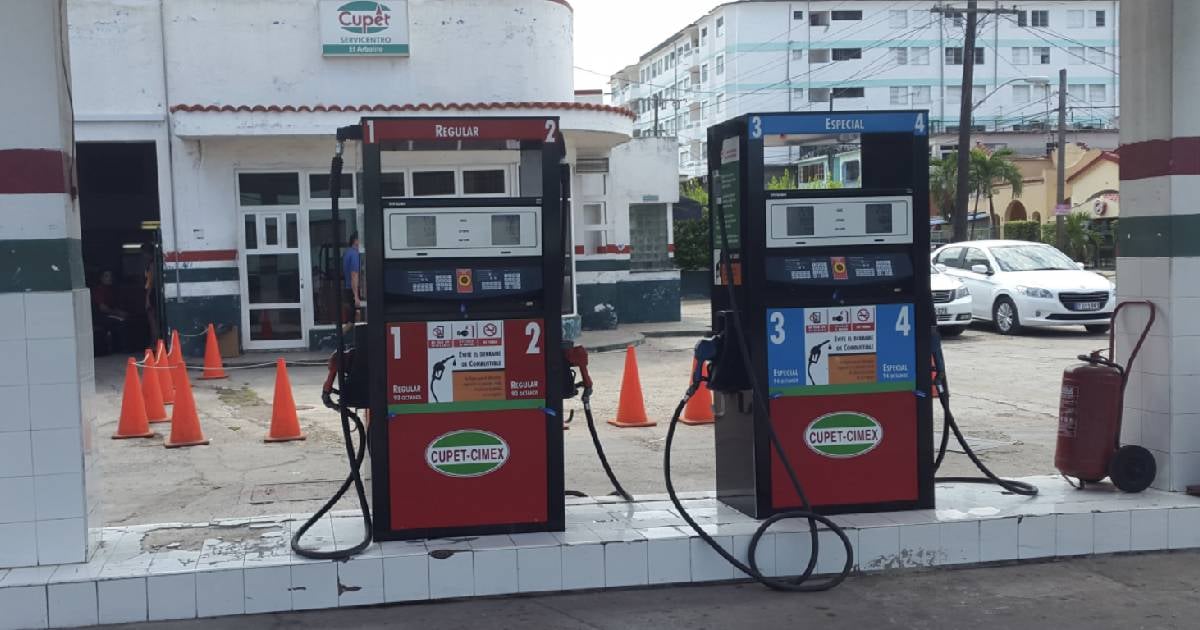A recent policy by the Cuban government to limit the sale of special gasoline exclusively to dollar payments has sparked widespread outrage among the island's online community. The decision, announced by the Union Cuba-Petroleum (CUPET), has further entrenched the dollarization of Cuba's economy, particularly in the energy sector, eliciting criticism from citizens who view the move as a direct exclusion of those without access to foreign currency.
According to the announcement, drivers without dollars will be unable to purchase this special gasoline, which will only be available through USD cards starting Wednesday. Additionally, payments made in Cuban pesos, especially via state-issued cards, will be automatically converted for the purchase of regular gasoline.
The reaction on social media has been one of significant discontent. One user remarked, "I pay you in national currency!! And you sell in dollars!! Speechless... how long will this last?" Meanwhile, Daymara Larred expressed a bleak outlook: "This was expected... and it will be the same with everything." Aramis Montes de Oca voiced his frustration, questioning, "Who is the counter-revolutionary behind all these dark ideas? And how will they pay for gasoline with all those luxury cars they have?" Miguel Abreu Teran also criticized the measure, stating, "But they don’t pay in dollars, hahaha, the real mafia."
This policy is part of a broader strategy of partial dollarization implemented by the Cuban regime, where access to essential goods and services, like fuel, is contingent upon foreign currency payments. The trend is highlighted by the increasing number of gas stations operating solely in dollars, which excludes a large segment of the Cuban populace reliant on peso-based incomes.
The fuel crisis in Cuba remains a heated issue, with reports of shortages, long queues, and sales restrictions. The exclusive dollar sales have been justified as a measure to ensure supply, but they underscore the widening economic inequality on the island and highlight the prioritization of foreign currency revenue over equitable access to basic resources.
This new restriction exacerbates the perception that Cuban regime policies favor those with access to foreign currency, leaving the majority unable to avail themselves of essential services.
Understanding Cuba's Economic Challenges
Why does Cuba sell gasoline exclusively in dollars?
Cuba sells gasoline in dollars to secure foreign currency, which is crucial for the country's economy, especially in sectors like energy where resources are limited.
How does this policy affect Cuban citizens?
This policy disproportionately affects Cubans who earn in local currency, as it restricts their ability to access essential services like fuel, thereby increasing economic inequality.
What are the broader implications of dollarization in Cuba?
Dollarization in Cuba highlights the growing divide between those with access to foreign currency and those without, impacting access to goods and services and deepening socioeconomic disparities.
